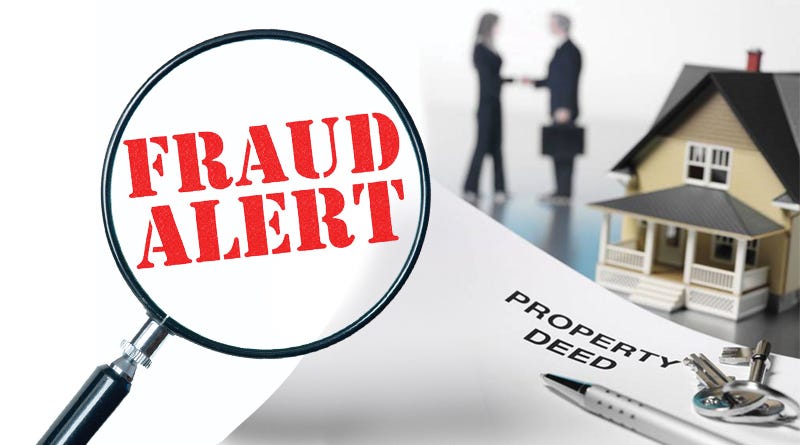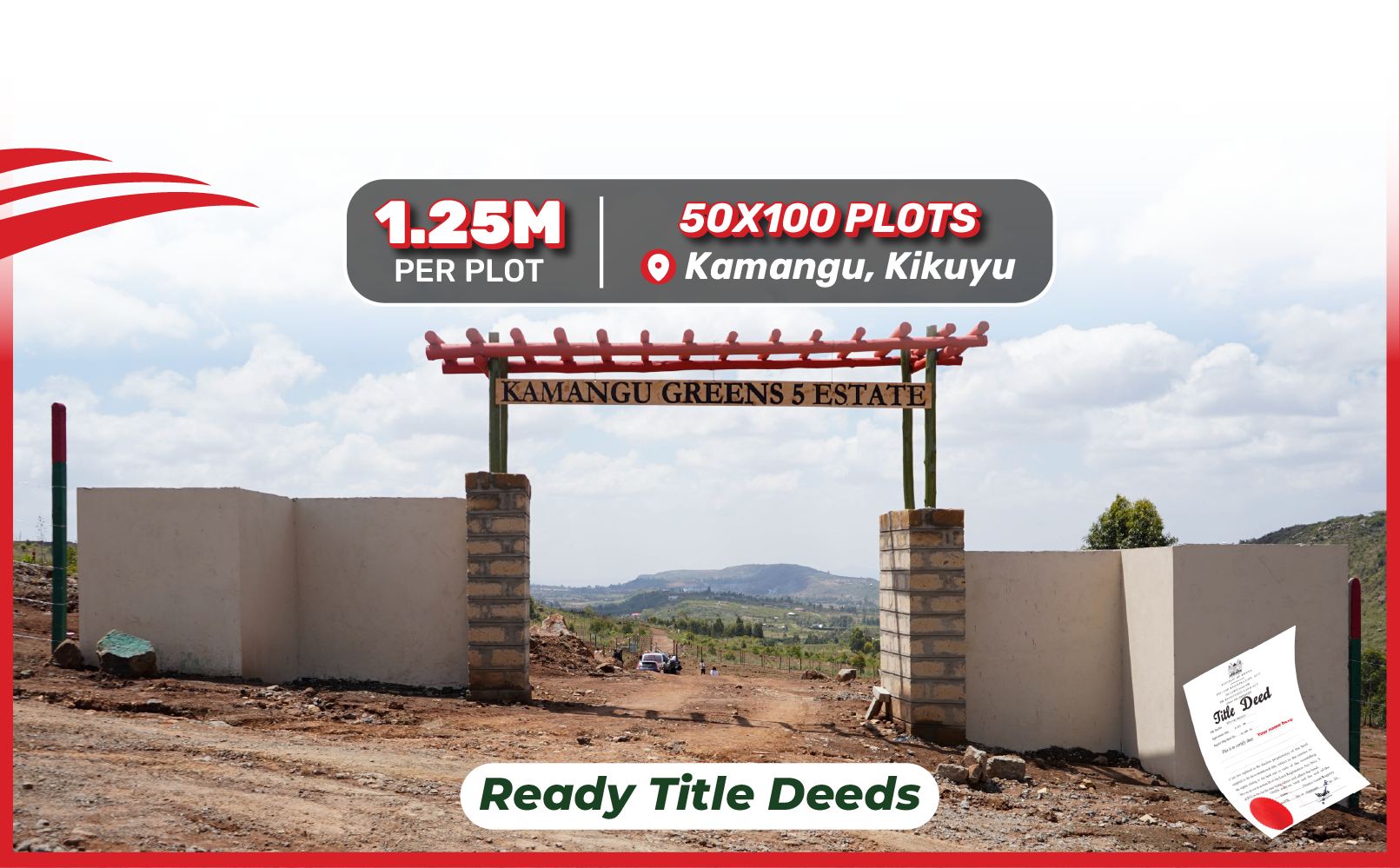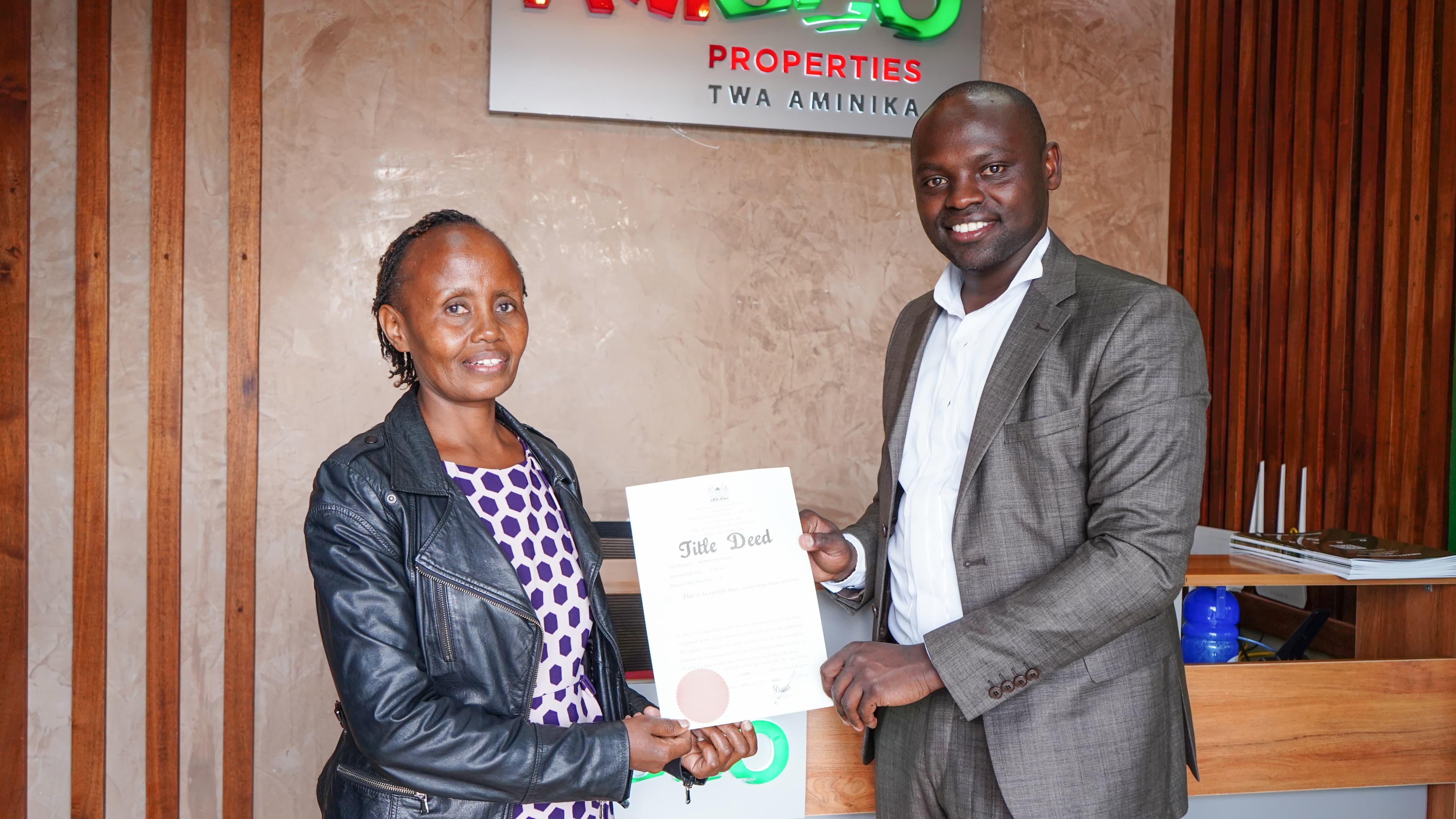How to Avoid Land Transactions Scams When Buying Land
Land is a very emotional issue. Kenya unfortunately has very many fraudsters who purport to sell things they do not have title to or power to sell. This necessitates a wise buyer of land to conduct due diligence on the land to ascertain whether or not the person purporting to sell the parcel of land has title to it.
The essence of this informative blog is to educate you on various steps in conducting due diligence before a buyer pays the purchase price of land to a person you are certain is the ideal seller yet:
1. Conduct an official search at the Land Registry.
Conducting a formal search at the Land Registry closest to the location where the land is sold is the first step in due diligence. Before signing the sale agreement, it is highly recommended.
A freshly certified copy of the land title would be sent to you or your representative by the land seller.
If the land is in Nairobi or another digitally capable registry, one can proceed with the title copy to either electronically request an official search or, as is the case in up-country registers, to physically request an official search.
Read: How To Perform an Online Land Search
In a span of two days, the results should be out, showing:
1. The name of the registered proprietor or owner of the land
2. Any encumbrances over the land such as charges (where the land had previously been charged or mortgaged to a financial institution), registered caveats, cautions, or restrictions on the land, as well as other third-party rights such as existing easements and licenses.
3. If the property is a government lease, the remaining duration of the lease.
With such information, the buyer can tell if the land seller is indeed real or a fraud.
2. County Registry Search
The purchaser then makes his way to the county government buildings to look at the documents there.
Then they provide the buyer with information describing any applicable land taxes.
A Rates Clearance Certificate will be necessary before the buyer receives the title, thus it is crucial for the buyer to be aware of whether or not rates have been cleared. The land seller is responsible for paying all taxes.
3. Registry of the Person’s Verification
It might be a small matter, but it is very important.
The buyer of the land should verify the authenticity of the seller’s identity documents at the registry of persons before proceeding with the transaction.
4. Land Arrears
The buyer will go and inquire if the land has pending unpaid utility bills.
It is important for the buyer to avoid taking on bills that they didn’t incur in the first place.
5. Boundary Verification
A deed plan will be purchased by the buyer from the appropriate county surveyor’s office.
A deed plan is a map that displays the specific measurements, sizes, and bearings of the land in addition to the overall dimensions of the property.
A surveyor will next be hired by the buyer to physically check the land to ensure that the demarcation beacons are in their proper locations and have not been altered.
The buyer will have the necessary confidence to move forward with the deal once all of the aforementioned stages have been successfully completed and the results demonstrate that the transaction is legal.
Always use prudence rather than enter a trade quickly and lose money.





